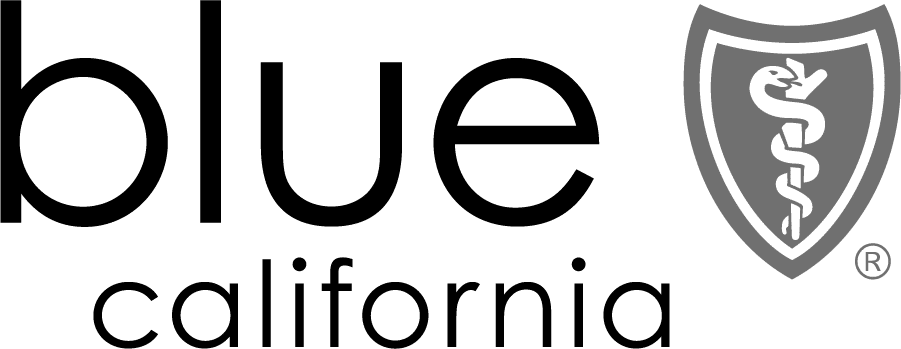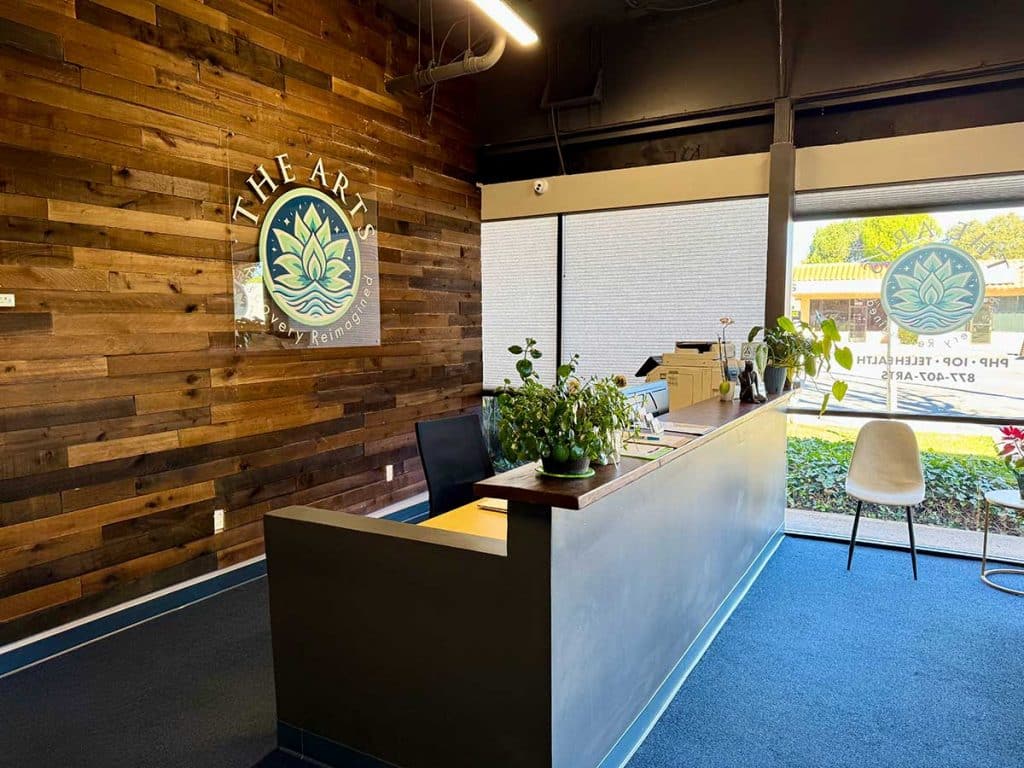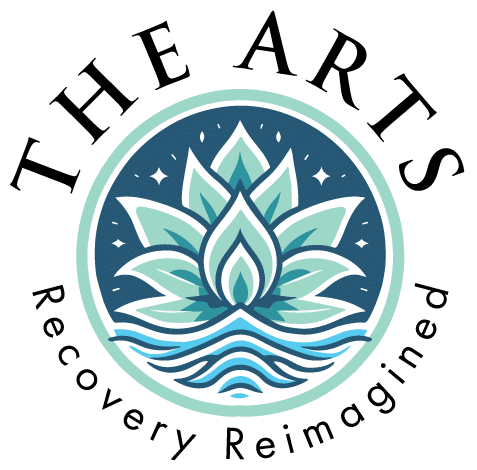an introduction
Thousand Oaks Addiction Group Therapy
If you’re living with an addiction or are close to someone who is, you’re likely no stranger to the way that it can seem to take over life. From work to school to personal relationships, few areas of a person’s daily routine are spared from the effects of addiction.
No matter who you are or your experiences, you are not alone. Few treatment options communicate this message more clearly than group therapy. And, with the right Thousand Oaks addiction group therapy options from ARTS IOP at your fingertips, you can find a sense of community unlike any other.
The ARTS IOP is a comprehensive drug rehab in the San Fernando Valley. Contact us today to learn more about our LA intensive outpatient program.

Individualized Care For You.
Partial Hospitalization
Our PHP programs offers clients highly individualized care by our clinical staff to begin the recovery process.
Intensive Outpatient
Our Intensive Outpatient provides extra care for those who have just begun their sobriety and need extra help.
Outpatient
Our Outpatient Program is highly effective at teaching skills needed to stay and remain sober.
Get Started Today
Understanding treatment at the arts
The Role of Group Therapy in Addiction Treatment
For many, group therapy is an essential part of addiction recovery; it’s a key component of most comprehensive treatment plans. That’s because group therapy offers unique benefits that can’t be easily replicated through other means.
According to the Substance Abuse and Mental Health Services Administration (SAMHSA), group therapy’s efficacy is comparable to individual therapy. However, when substance use disorder group therapy is combined with individual therapy, treatment components like engagement, abstinence rates, and perceived peer support all increase.
Overall, group therapy can provide a safe space for those trying to overcome addiction to relate to and connect to others. Social support can be one of the most important pieces of long-term abstinence, and group therapy helps start things out on the right foot. If you’re interested in Thousand Oaks addiction group therapy, it’s well worth pursuing.
What We Offer
Benefits of Group Therapy for Addiction Treatment
When you choose to seek out group therapy in Thousand Oaks, you can open the door to finding a community of peers who share similar experiences and goals.
A big part of addiction for many people is a sense of isolation – addiction can drive away others we care about and lock us up in a world of our own, which is often centered around the substance in question. Group therapy can break down these walls and help those in treatment feel more empowered to overcome the challenges they face.
Group therapy can be so powerful because it:
Hearing experiences from other people and learning from other perspectives can shift your mindset when it comes to addiction. You can also form lasting bonds with others who truly understand what you’re up against.
A group setting encourages participants to work on listening, communication, and healthily expressing emotions. These sorts of skills can be valuable assets to have even when treatment has concluded.
Getting the chance to learn from others often helps enhance a person’s ability to pinpoint addiction triggers, underlying causes, and behaviors that tend to cause problems.
Benefits of Group Therapy for Addiction Treatment
The choice to find recovery group therapy in Thousand Oaks can lead you down the path toward success, especially when coupled with other treatment options. At ARTS IOP, we’re uniquely equipped to support clients of all backgrounds who are in need of accessible care.
All of our clients are able to take advantage of perks like:
- A sense of community created by group members with similar experiences and backgrounds
- Access to local and sustainable resources
- Opportunity to continue care long-term as needed
How Families can help
Types of Group Therapy Used to Treat Addiction
Those seeking Thousand Oaks addiction group therapy through ARTS IOP can take advantage of different treatment options tailored to their needs. This may involve different types of group therapy aimed at achieving certain goals.
Below are some common types of group therapy often used to treat addiction. While not all options may be available at all facilities, their practices can be commonplace in just about any group setting.
This is likely what you might think of when you imagine group therapy: it focuses on diving into the concerns and experiences of group members, typically in a discussion-based manner, to help participants find support. Activities and exercises meant to help group members share with and learn from each other are also common.
These sorts of groups usually prioritize educating members about substance misuse or addiction and providing them with new, healthier coping strategies. Discussions and exercises might focus on identifying common triggers, understanding the psychology of addiction, and improving skills members might need to cope.
Much like individual cognitive behavioral therapy, groups focused on this method attempt to restructure the beliefs a person holds that tend to lead to negative or unwanted behaviors. This approach usually begins by asking members to identify situations or environments that trigger their addictive habits, then encouraging them to develop new strategies to manage them.
What We Offer
What Might Group Therapy in Thousand Oaks Look Like?
A standard experience for group therapy in Thousand Oaks usually follows the flow outlined below, though it’s possible that group-specific differences might apply.
Because open communication and trust are crucial parts of group therapy, many groups start by setting clear expectations for what participants can and can’t do. Anonymity may be a crucial part of some groups, while others may ask members to complete activities in between sessions to participate fully. It all depends on the group and its goals.
With the group and its purpose introduced, individual members can begin to share their stories and why they’ve decided to join the group. Icebreaker activities may help lessen some tension and promote a sense of camaraderie that can make delving into serious conversations feel less intimidating.
Oftentimes, group leaders prepare specific activities or tasks that are meant to kickstart a productive conversation. They may pose a question, ask members to write something down or create a prompt to lead the bulk of the discussion.
The majority of a group therapy session is usually spent engaging in group activities and discussions centered around specific topics. What this time looks like can vary heavily from group to group.
Some may incorporate more structure and ask members to share in a specific order, form sub-groups, or complete certain skill-building activities. Others might be more centered around open group discussion.
To finish up, most groups end by honing in on an important lesson or goal from the session. This might involve more discussion, assigning homework tasks, practicing mindfulness or mantras, or something else entirely.









We Can Help
Discover Top Thousand Oaks Addiction Group Therapy with ARTS IOP
At ARTS IOP, we offer a variety of group therapy treatment programs that are meant to be adaptable to the custom plan that meets your needs. As a leading facility for Thousand Oaks addiction group therapy, we have the expert staff, top-notch resources, and client-focused approaches you may need to overcome substance misuse.
To learn more about our group therapy and other treatment options, contact us today. We’re committed to helping you find the right fit for you so that you can take charge of your addiction.


